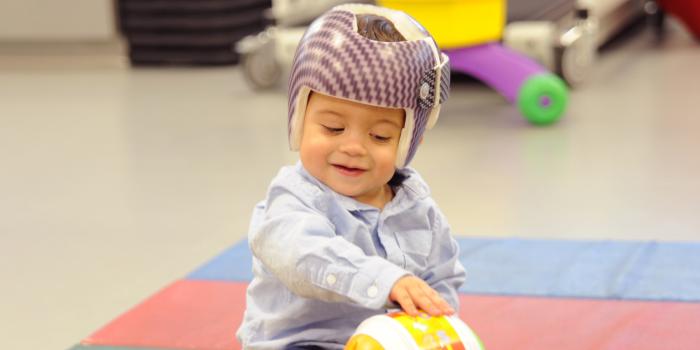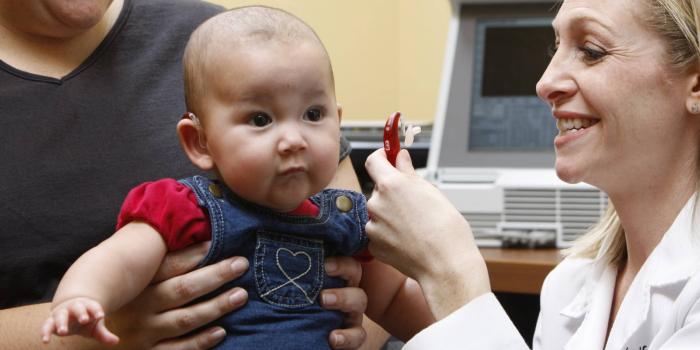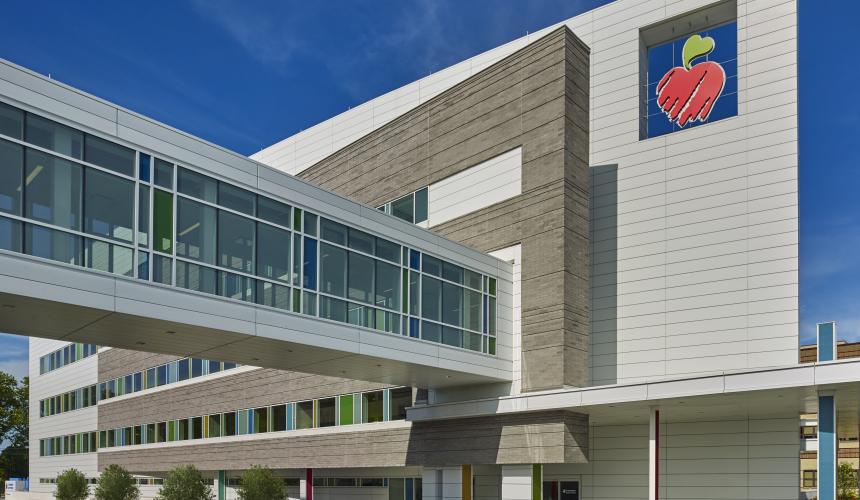Personal attention and guidance.
Whether your child has difficulty talking, understanding, or swallowing, our skilled speech-language therapists offer compassionate support and coaching to help your child improve. We create a plan to help them succeed and support them as long as they need us. We work with children and families and focus on all areas of your child’s development — physical, emotional, social, and academic.
Focus on empowerment and success.
We know your child can succeed — and we make sure they know they can, too. Our speech-language therapists are experts at helping kids learn new skills. We develop a treatment plan to give your child the best results and offer support and encouragement along the way.
We care for children of all ages, from infants to adolescents. As a pediatric academic medical center, we have the expertise to treat even the most complex speech, language, and swallowing disorders. Our therapists use the latest, child-friendly approaches to empower and help your child succeed.
Comprehensive Pediatric Speech and Language Therapy
Speech therapy can benefit children with conditions such as:
- Apraxia of speech
- Autism spectrum disorders
- Developmental delays
- Difficulties understanding speech (auditory processing disorders)
- Feeding and swallowing problems
- Hearing problems
- Language disorders, such as delayed speech
- Learning disabilities
- Mouth muscle control problems (oral motor deficits)
- Neurological disorders
- Speech disorders and delays
- Stuttering and lisps
- Traumatic injuries
- Voice and resonance disorders
We offer a full range of speech and language therapy services, including:
- Advanced diagnostic testing and treatment for swallowing disorders, including video fluoroscopic swallowing exams.
- Evaluation and treatment of listening, speech, language, cognitive, social, and emotional skills.
- Developmental assessments and personalized treatments.
- Individual speech-language therapy sessions with children and their families.
- Teaching parents functional communication training (FCT) techniques to help nonverbal children express themselves without using unwanted behaviors.
- Information and referral to community-based resources.
- Consultations with school therapists and educators to support academic growth and well-being.
- Assistance with alternative and augmentative communication (nonverbal communication methods) — from sign language and picture boards to mobile apps and speech-generating devices.
- Specialized speech therapy for children with cleft lip and palate.



